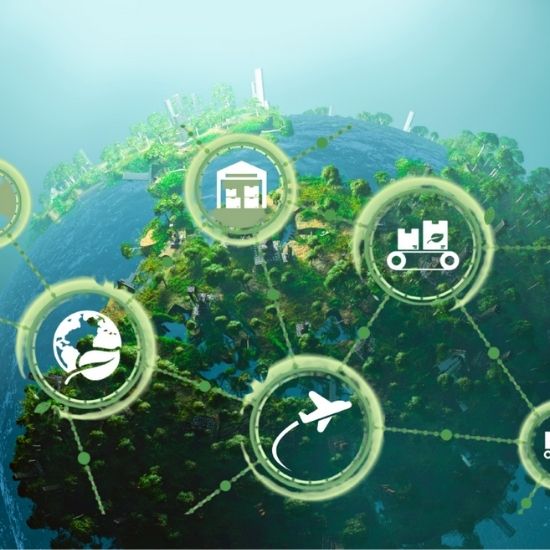GAPL 2 – Packaging
Project Purpose
The first Pharma.Aero (PA) GAPL (Green Air Pharma Logistics) project focused on Green Lanes, with the definition of indicators for an airport-to-airport Lane Sustainability Readiness index (LSRI). This is a spin-off project which proposes the derivation of a set of indicators that examines the sustainability impact of tertiary packaging and air cargo consumables used for Life Sciences shipments. Layering on the assessment of the sustainability performance and readiness of a lane, the set of indicators could be adopted on top of the LSRI to reduce the overall carbon impact of the air freight.
The safe and effective arrival of life-science products requires a meticulous approach to packaging throughout the air cargo supply chain. This responsibility is shared between shippers and airlines. The pharmaceutical industry and air cargo providers must work together to find innovative solutions that prioritise both product protection and environmental responsibility. This will ensure the safe and efficient delivery of life-saving medications while minimizing the industry’s footprint on the planet.

Project Objective(s)
The goal of the project is to identify the right selection criteria when considering tertiary packaging, temperature-controlled and consumables options. Moreover, this project will assess the environmental impact of pharmaceutical air cargo transport packaging. The project tackles multiple SDGs with enhanced circularity, waste reduction and less aviation fuel consumption.
Work Package 1 (WP1): Shipper-Procured Packaging – Analyzing the environmental impact of tertiary packaging and temperature-controlled containers (active or passive) chosen by pharmaceutical manufacturers. While airlines may own the containers, pharmaceutical shippers (or their freight forwarders) typically select the type and size required to maintain specific temperature ranges during transport.
- GAPL 2 Workshop on Day 1 of the Pharma Logistics Masterclass, Dallas Fort Worth, September 30th
Work Package 2 (WP2): Airline-Provided Equipment – Examining the environmental impact of Unit Load Devices (ULDs) and airfreight consumables, which airlines are responsible for.
Work Package 3 (WP3): Sustainability Solutions, Best Practices and integration to LSRI
– Identifying solutions and best practices for reducing the environmental impact of tertiary packaging, temperature-controlled containers and air cargo consumables.
– Developing sustainability assessment indicators – measurable criteria to facilitate procurement decision when selecting packaging options.
– Exploring the application of these indicators on the Lane Sustainability Readiness Index (LSRI), a tool used to assess the sustainability performance of air cargo routes.
- GAPL 2 Workshop on December 2nd (online)
Work Package 4 (WP4): Project Dissemination – A comprehensive Technical Report presenting the project’s methodology and findings will be prepared and shared exclusively with Pharma.Aero members and partners. The project’s White Paper will be shared with a broader industry audience.
The conclusion of this project would open up new areas for further pursuits.
Project Status And Key-takeaways
- Work Package 1 (WP1): Shipper-Procured Packaging – completed
- Work Package 2 (WP2): Airline-Provided Equipment – completed
- Work Package 3 (WP3): Sustainability Solutions, Best Practices and integration to LSRI – ongoing
- PROJECT INTERACTIVE WORKSHOP: December 2nd (online) – for Pharma.Aero members and partners
- Work Package 4 (WP4): Project Dissemination – future task
PROJECT
SUPPORT AND
COLLABORATION.
- Pharma.Aero Board liaison: Changi Airport Group
- Project leads: Cargolux Airlines International S.A. and Zoetis
- Project manager: Céline Crahay, 3CeL (external consultant)
- Project expert: Anne-Catherine Trinon, Cap Conseil (external consultant)
